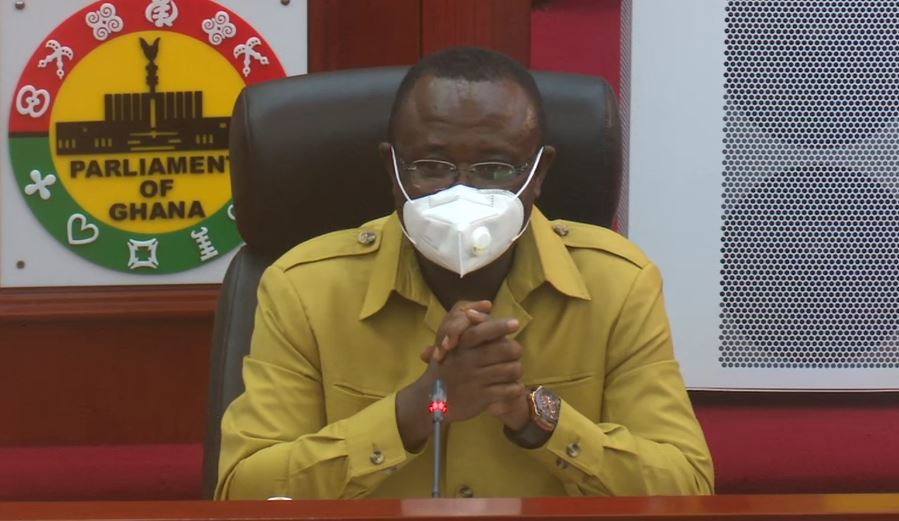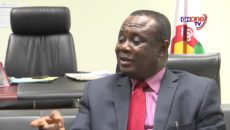The Supreme Court has ruled that a Deputy Speaker of Parliament can be counted during the formation of a quorum for a sitting or the conduct of a parliamentary business.
A Deputy Speaker can also participate in the voting or decision-making process, the Court presided over by Justice Jones Dotse further ruled. Other Justices of the Court were Nene Amegatcher, Prof. Ashie Kotey, Mariama Owusu, Lovelace Johnson, Clemence Honyenuga, and Emmanuel Kulendi.
To this end, the Court affirmed the approval of the 2022 Budget Statement and Economic Policy of the Government without the participation of Members of Parliament (MPs) from the opposition National Democratic Congress (NDC).
The Court also struck down as unconstitutional Order 109 (3) of the Standing Orders of Parliament which states that “A Deputy Speaker or any other Member presiding shall not retain his original vote while presiding”.
A private legal practitioner, Justice Abdulai filed the case against the Attorney-General praying to the apex court for interpretation of Articles 102 and 104 of the 1992 Constitution and declare the action of First Deputy Speaker of Parliament, Joseph Osei Owusu as unconstitutional.
He also prayed to the court to declare the whole proceedings in Parliament on November 30, 2021, which led to the passage of the 2022 Budget Statement and Economic Policy of the Government unconstitutional.
Abdulai had insisted that the Joseph Osei Owusu should not have counted himself as an MP when he presided over proceedings that day.
However, the Attorney-General, Godfred Yeboah Dame, responding, told the apex court that the arguments advanced by Abdulai were flawed since there is no express provision in the 1992 Constitution that stops a Deputy Speaker from voting or counting himself as part of MPs present to form a quorum.
To him, quorum in Parliament formed under Article 102 is different from that formed under Article 104 of the same 1992 Constitution.
He explained that the quorum under Article 102 is for the conduct of business in Parliament, and that is why Article 102 provides that it should be one-third of Members.
“Given that Parliament presently is made up of 275 Members, the quorum under Article 102 for the conduct of its business is 92 MPs”, Mr. Dame told the Court.
He further explained that based on the clear provision of Article 102, any person presiding over proceedings, either the Speaker or a Deputy Speaker, is precluded from being part of that quorum.
With regards to Article 104 (1), which deals with the determination of matters through voting in Parliament, the Attorney-General argued that the constitutional provision requires at least half of all MPs, and such a quorum is not the same as the one in Article 102.
Mr. Dame noted that unlike Article 102, which precludes a person presiding from being part of the quorum, Article 104 (2) precludes explicitly, the Speaker.
He told the Court that only the person elected as “The Speaker” of Parliament is barred from forming part of the quorum under Article 104 when presiding, and not the Deputy Speakers who preside over proceedings.




